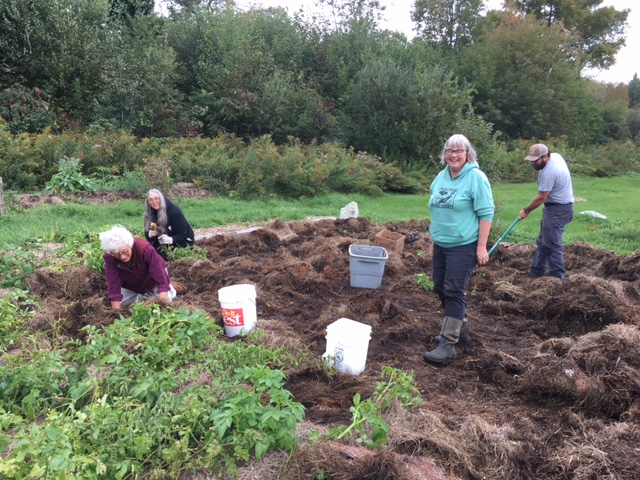
We are excited to announce that we have been awarded a Seed Grant from the Leahy Institute for Rural Partnerships on Agroecology and Just Transitions research in Vermont’s Northeast Kingdom (NEK). This grant will support a cooperative project between the UVM Institute for Agroecology, Center for an Agricultural Economy (CAE), Northeast Kingdom Organizing (NEKO) and Rural Vermont, with the goal of seeding an ongoing program of collaborative research, action and learning.
This initiative will engage with local communities to analyze regional food systems using PAR (participatory action research). In addition to promoting community engagement and collaboration, the project will support a program of community engagement around flagship programs of the CAE (Yellow Barn, Atkins Field and Farm Connex) and NEKO (the Barton Hub).
The NEK, like many rural areas, faces complex issues exacerbated by recent global events, underlining the urgency for innovative, community-led solutions. The goals of the project are to work together to increase the visibility of current food systems work in the area, develop a Food Systems Scorecard to identify critical factors in thriving food systems, and provide in-depth analysis to inform future strategy for regional organizations.
This project is linked to the UVM Institute for Agroecology’s ongoing work to support agroecology transitions in communities around the world through research, learning and action. In this context, we are eager to connect the local with the global, for example through our participation in the international ATTER project – a global network of partners working on territorial food systems and agroecology. We anticipate that the learnings and innovations from the NEK can offer provocative and relevant insights for related efforts in other geographies and, conversely, that our work in Vermont will draw inspiration and learnings from related initiatives elsewhere.
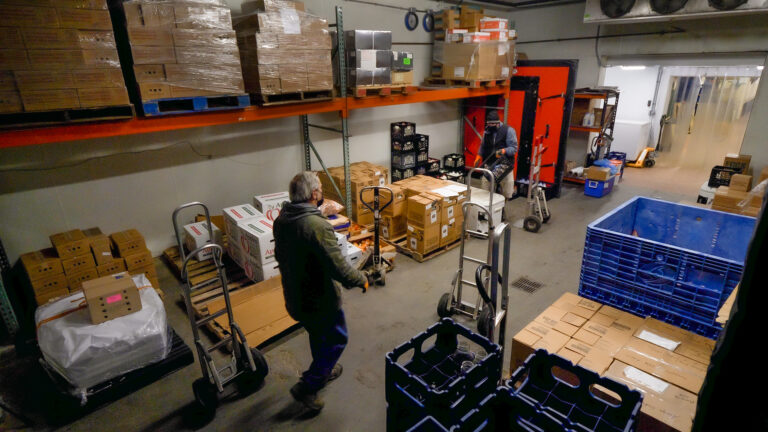
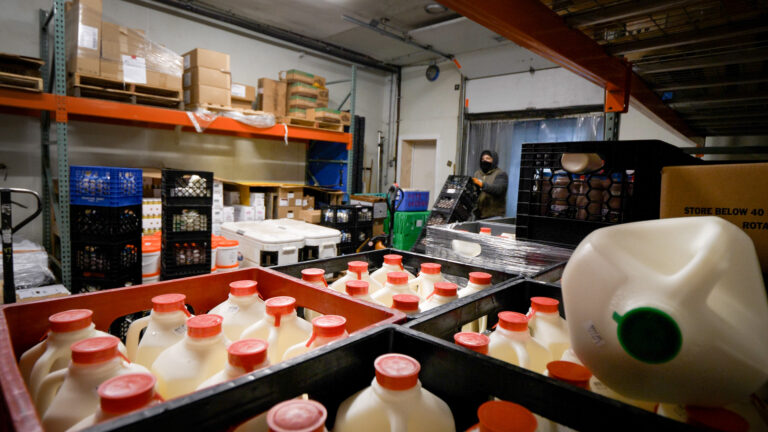
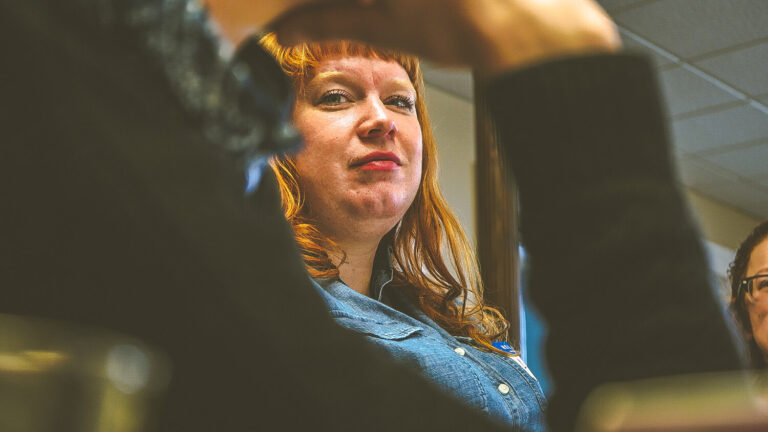
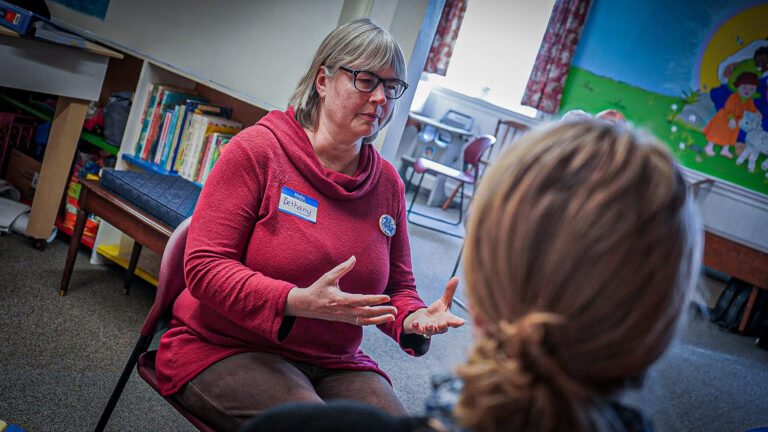
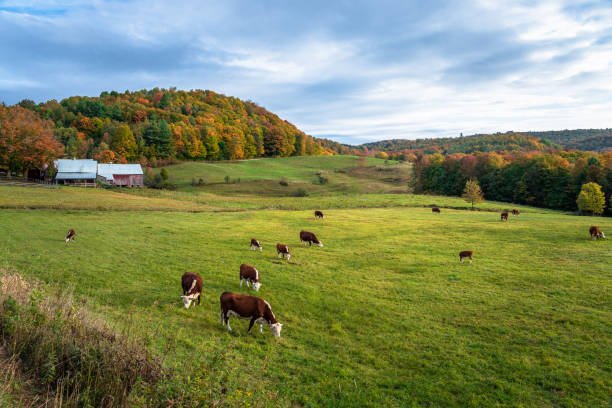
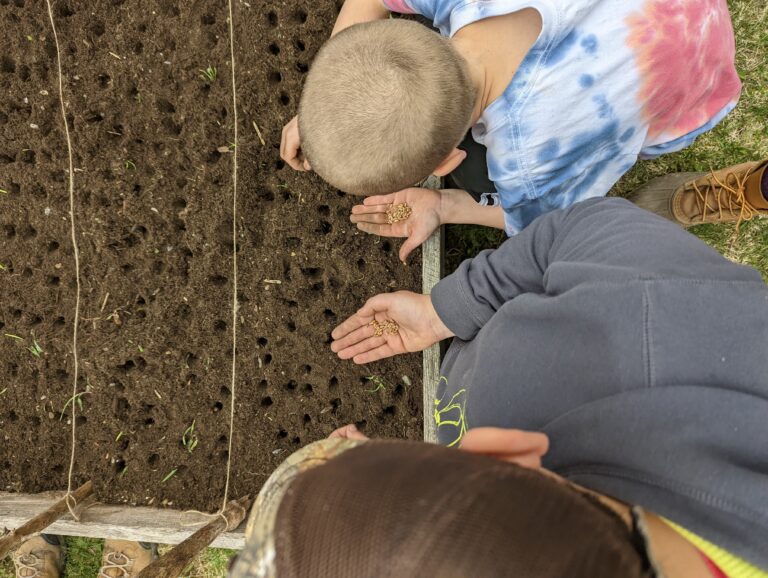
Leahy Institute for Rural Partnership Grant Program
Last week, the Leahy Institute for Rural Partnerships announced the funding of grants totaling over $1.7 million to more than a dozen deserving projects around the state. Vermont organizations representing a broad spectrum of diverse interests including community school building, clean energy, flood resilience, regenerative agriculture and health care access will be lifted by the first round of grant funding.
Our project will be one of thirteen partnerships funded across the state of Vermont that will be addressing a broad suite of rural challenges.
“Grant funding through the Leahy Institute for Rural Partnerships is a shining new example of the potential for innovation in UVM’s land-grant mission of service to Vermont,” said UVM President Suresh Garimella. “These grants will connect our faculty experts and students to groups with ideas for transformative projects that will make a direct impact for communities throughout Vermont. These collaborations deepen and reinforce the bond between the success of our state and the success of our university.”
Under terms of the grants, UVM faculty experts and students will work with partner organizations through student internships and service-learning experiences. Tricia Coates, Director of the Leahy Institute for Rural Partnerships believes collaboration between local stakeholders and the university will result in lasting relationships that will build long-term capacity.
“We had an extraordinary response when we announced this grant program late last year,” said Coates. “With the help of our Institute board of advisors we selected 13 projects we believe will move the needle on some key challenges facing our communities.”
We are eager to work with the Leahy Institute for Rural Partnerships as a part of this wider effort to strengthen our Vermont communities.
